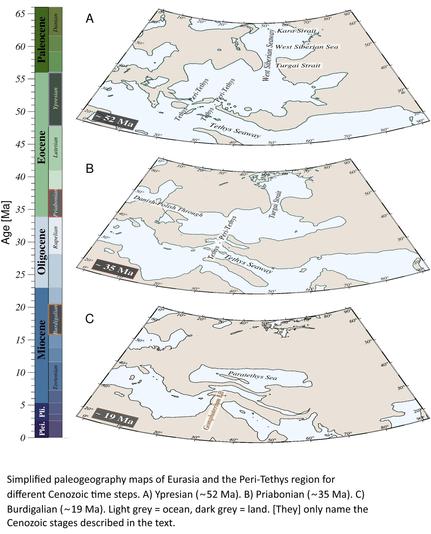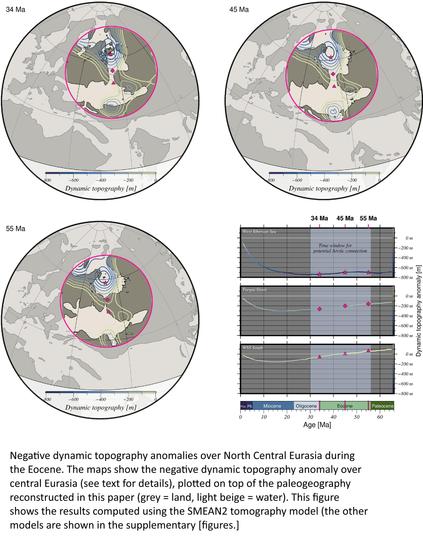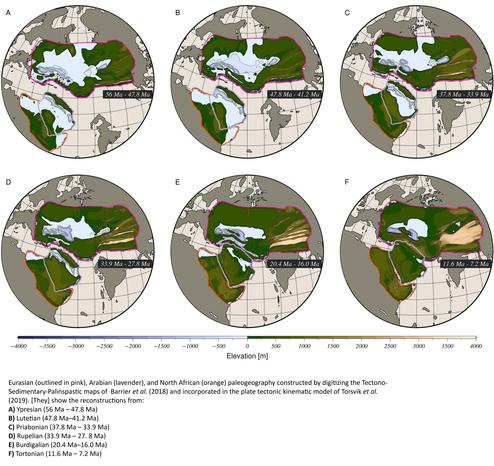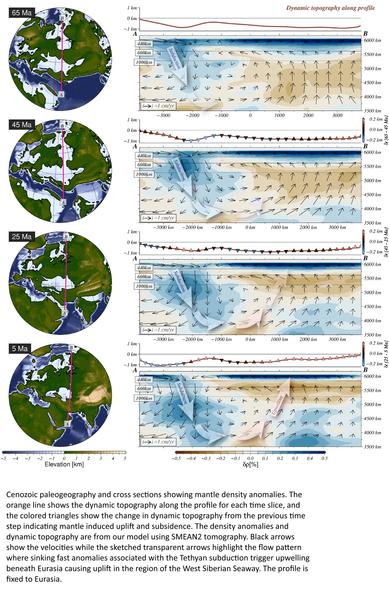#Meltwater from Greenland and the Arctic is weakening #OceanCirculation, speeding up warming down south
Published: November 18, 2024
"A vast network of ocean currents nicknamed the 'great global ocean conveyor belt' is slowing down. That’s a problem because this vital system redistributes heat around the world, influencing both temperatures and rainfall.
"The Atlantic Meridional Overturning Circulation funnels heat northwards through the Atlantic Ocean and is crucial for controlling climate and marine ecosystems. It’s weaker now than at any other time in the past 1,000 years, and global warming could be to blame. But climate models have struggled to replicate the changes observed to date – until now.
"Our modelling suggests the recent weakening of the oceanic circulation can potentially be explained if meltwater from the Greenland ice sheet and Canadian glaciers is taken into account.
"Our results show the Atlantic overturning circulation is likely to become a third weaker than it was 70 years ago at 2°C of global warming. This would bring big changes to the climate and ecosystems, including faster warming in the southern hemisphere, harsher winters in Europe, and weakening of the northern hemisphere’s tropical monsoons. Our simulations also show such changes are likely to occur much sooner than others had suspected. "
Read more:
https://theconversation.com/meltwater-from-greenland-and-the-arctic-is-weakening-ocean-circulation-speeding-up-warming-down-south-238302
#AMOC #Greenland #GlobalWarming #ClimateChange #ArticMelt #ArcticIceMelt #ExtremeWeather #ExtremeRainfall #Ecosystems



